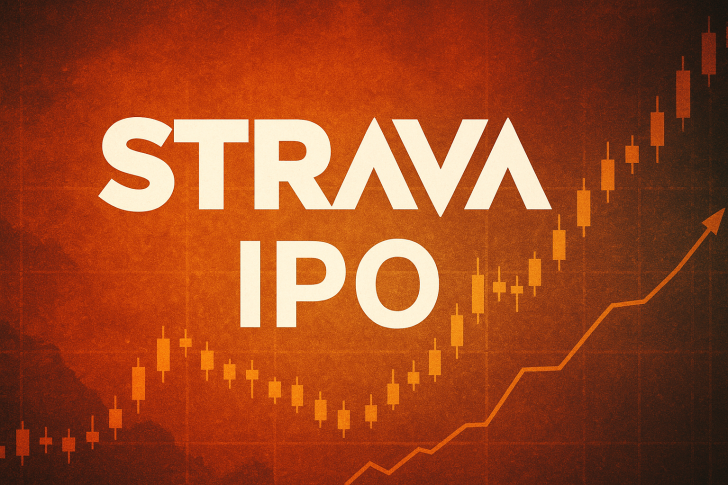The fitness revolution is moving from gyms to Wall Street. Strava, the $2.2 billion fitness app, has announced plans to go public, signaling a major moment where fitness, tech, and capital markets collide. With over 50 million monthly active users—nearly double its closest competitor—Strava is riding a cultural wave that's redefining social connection through health and movement.
From Niche Tracker to Global Platform
Strava's explosive growth tells a bigger story. As noted by Stock Sharks, Gen Z is swapping dating apps for running clubs and fitness communities. Downloads have jumped 80% year-over-year, and marathon registrations are breaking records globally. What started as a simple tracker for cyclists and runners has become a worldwide social network built on shared workouts and personal bests.
The numbers back it up: monthly active users have surged, engagement is holding strong, and the platform's momentum suggests serious investor appetite ahead of the IPO. Recent data shows a clear breakout pattern, with volume spikes matching user growth—a sign of both demand and retention. Support levels have stayed solid even after minor dips, pointing to a loyal user base that keeps coming back.
Why This IPO Matters
- Gen Z is all in: Younger users are driving a cultural shift, choosing fitness-first communities over traditional social platforms.
- Expansion plans: IPO capital will likely fund acquisitions in wearables, AI, or health-tech sectors.
- Market dominance: With 50M+ monthly users, Strava leads the fitness-social space.
- Multiple revenue streams: Premium subscriptions, brand partnerships, and event collaborations offer diverse income sources.
Strava isn't just another tech company going public—it's a window into the evolving fitness economy. The IPO could accelerate its already aggressive growth trajectory, especially as it looks to expand through strategic deals and deeper integration with health tech.
The Challenges Ahead
Strava's lead is strong, but competition is real. Apple Fitness, Nike Run Club, and emerging AI-powered wellness apps are all vying for the same users. On top of that, health data privacy regulations could complicate expansion, especially in markets with strict compliance requirements. How Strava navigates these challenges will determine whether it can maintain its edge.
 Peter Smith
Peter Smith

 Peter Smith
Peter Smith


